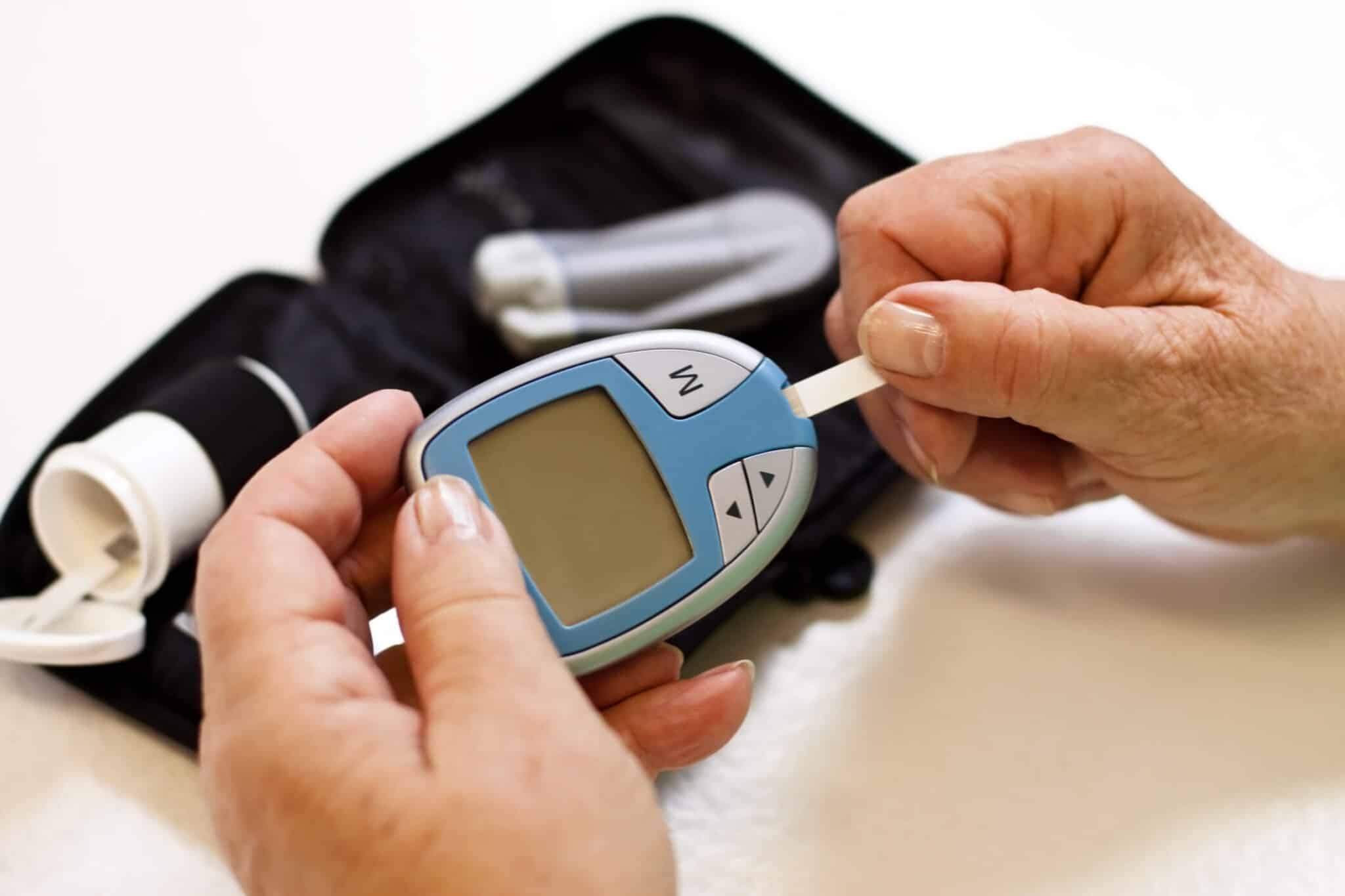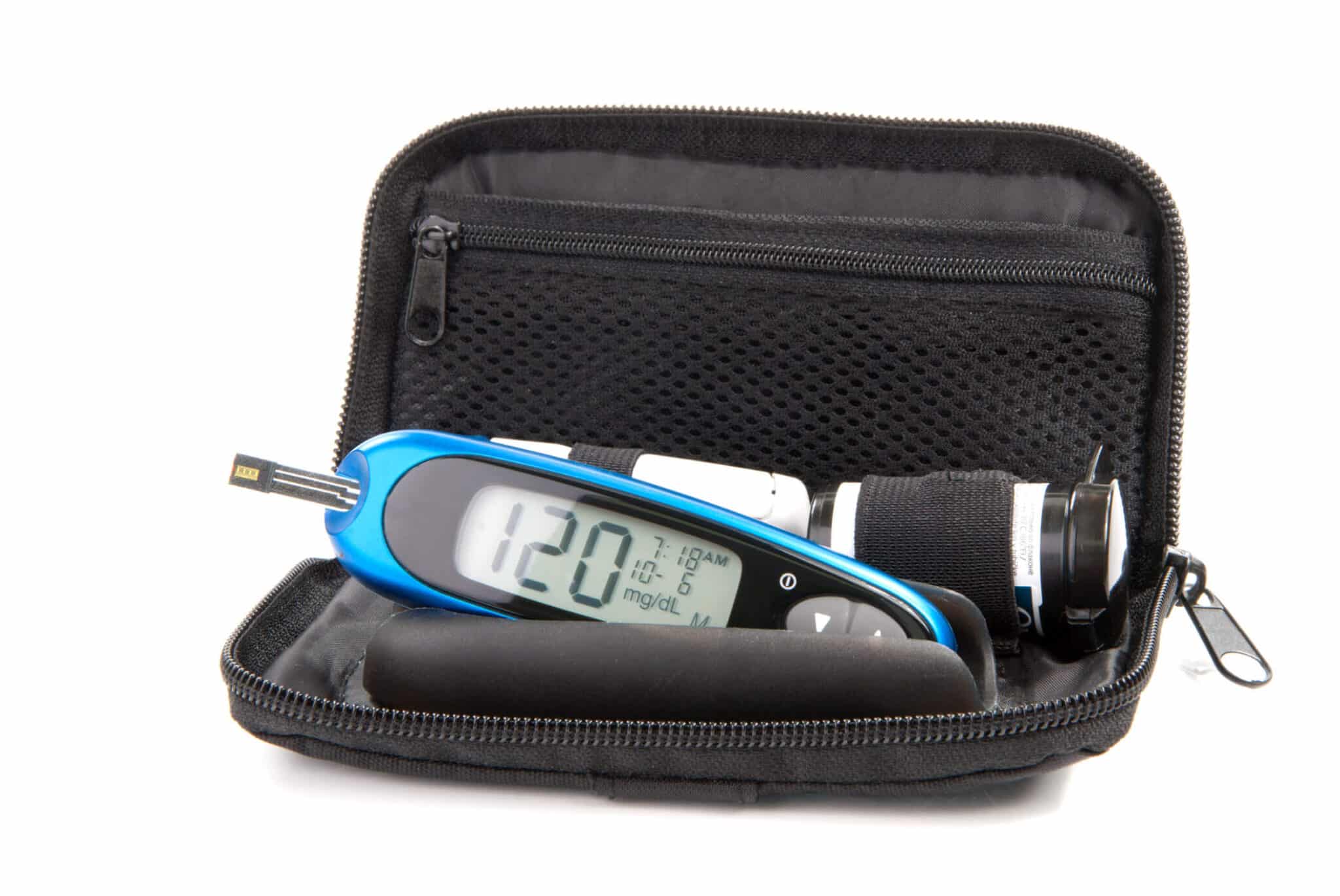
What You Need to Know Before Selling Diabetic Test Strips in 2025
Posted on June 02, 2025 at 06AM
Selling diabetic test strips has become an increasingly popular option for individuals seeking to reduce waste, earn extra income, and help others access affordable diabetic supplies. In 2025, with rising healthcare costs and fluctuating insurance coverage, more individuals are exploring ways to responsibly and legally resell unused or surplus diabetic supplies—especially test strips. This resale market presents real profit potential as long as sellers understand the restrictions surrounding what can be legally sold, the suppliers they work with, and the amount of product eligible for sale. It’s also important to consider the details involved, including factors such as product condition, expiration date, and proper packaging. When done correctly, selling test strips offers clear benefits and a strategic advantage for both sellers and buyers alike.
This comprehensive guide will walk you through everything you need to know before selling diabetic test strips, including how to find legitimate buyers, the condition your supplies must be in, how pricing is determined, and which platforms offer the safest and most profitable experiences.
Why Do People Have Extra Diabetic Test Strips?
People accumulate excess diabetes test strips for a variety of reasons. One common factor is a change in prescription, often prompted by a switch to a continuous glucose monitor, such as Dexcom or another monitoring system. Sometimes, a change in the insurance policy or provider results in a different brand of test strips being covered, leaving the previous boxes unused. In some cases, individuals manage chronic conditions over time by dealing with surplus inventory. Organizations that provide diabetes support often advise patients to keep track of their supplies. However, depending on one’s location, returning or exchanging them may not always be feasible. As a result, individuals seek alternative options, such as reselling, which can lead to increased sales of unused strips under a verified name or platform.
In other cases, individuals may have lost a loved one with diabetes and are left with unopened boxes of test strips. Or, they might have transitioned to a different diabetes management method. Whatever the cause, the result is the same—valuable medical products end up sitting on shelves, unused, and at risk of expiration. Rather than letting these supplies go to waste, many opt to sell them to trusted buyers or online marketplaces.
The Legal Side of Selling Diabetic Test Strips
One of the most commonly asked questions is: Is it legal to sell diabetic test strips? The short answer is yes, in many cases—but only under certain conditions.
Test strips that were purchased out of pocket and are not labeled with “Medicare” or “Medicaid” are generally legal to resell. However, the legality varies depending on your state, so it’s crucial to stay informed about local regulations. For example:
- Medicare or Medicaid-supplied strips are not legal for resale under federal law.
- Prescription-only strips should be verified before being sold.
- Counterfeit products or repackaged boxes are strictly prohibited.
Reputable companies and platforms, such as More Cash for Test Strips, follow all compliance guidelines and only accept eligible boxes. Understanding the legal aspect helps protect both buyers and sellers from penalties, scams, or fraudulent activity.
What Brands and Products Can Be Sold?
Most platforms that purchase diabetic supplies accept a wide range of well-known brands and products. However, they typically have a strong preference for high-demand brands like:
- Dexcom
- OneTouch Ultra
- Freestyle Lite
- Accu-Chek
- Contour Next
In-demand products, such as Dexcom G6 sensors, are also widely accepted, as are unopened boxes of test strips with at least 8-12 months of expiration remaining. Always verify that your supplies match the brand, expiration, and labeling guidelines required by the buyer.
How Condition and Packaging Impact Price
The condition of your test strips is a significant factor in determining whether they can be sold—and for how much. Buyers look for supplies that are:
- Sealed in original packaging
- Undamaged and clean
- Clearly labeled with an expiration date
- Stored properly (not exposed to heat or moisture)
Boxes that are crushed, torn, opened, or nearing expiration are typically rejected. The packaging, expiration date, and overall authenticity of the product play a massive role in whether a platform will accept your product—and how much you’ll be paid for it.
High-quality, reliable supplies fetch a higher price. For instance, a brand-new, unopened box of Dexcom sensors could earn you significantly more than generic or near-expired test strips.
Where to Sell: Choosing the Right Platform
Choosing the right platform to sell your diabetic test strips is crucial for ensuring a smooth and secure transaction. Some sellers prefer to use local marketplaces or classified ads, but these come with significant risks, including scams, fraud, or payment delays.
For a more secure option, many turn to online platforms and specialized companies like More Cash for Test Strips, which offer:
- Clear guidelines
- Simple process for sellers
- Transparent pricing
- Free shipping labels
- Fast payments
- Authentic verification
These services are designed to facilitate a legal and efficient exchange between the buyer and seller. Look for companies that are known for their reliability, compliance, and customer service.
Understanding the Selling Process
The selling process may vary slightly depending on the company or site, but it usually follows these general steps:
- Inventory your supplies: Take note of the brand, condition, expiration date, and quantity.
- Request a quote: Use the platform’s calculator or request an estimate based on the brand and quantity.
- Package your products securely to prevent damage during shipping.
- Ship your items: Use the prepaid label or shipping instructions provided by the buyer.
- Wait for inspection: Once received, the buyer will inspect your supplies for authenticity, condition, and expiration.
- Receive payment: Payments are often made via PayPal, direct deposit, or check within a few business days.
Make sure to read the content on the buyer’s website to understand their policies, guidelines, and return processes in case your items are rejected.
What Affects the Value of Your Test Strips?

Learn how individuals in Carson California can turn extra diabetic supplies into cash by using More Cash for Test Strips
Several factors influence how much money you can make when selling your test strips. These include:
- Brand reputation: Popular brands often yield higher returns.
- Expiration date: Longer shelf life typically means a better price.
- Box condition: Any damage may result in a lower offer or rejection.
- Quantity: Selling in bulk may increase your per-box rate.
- Market demand: Higher demand and limited supply drive up prices.
- Regulations: Stricter laws may impact who can legally buy and sell.
Some companies also offer promotional bonuses for larger shipments or returning customers, so it’s always a good idea to explore these options before making your final decision.
Tips to Avoid Scams and Stay Safe
The rise of the secondary diabetic supply market has, unfortunately, attracted scammers who prey on uninformed sellers. Here are some ways to avoid being a victim:
- Use platforms that clearly outline verification and authenticity protocols.
- Avoid sellers or buyers who request unusual payment methods or rush the transaction.
- Don’t share personal or financial information beyond what’s necessary.
- Read reviews and check for certifications or Better Business Bureau listings.
- Be cautious of scams where buyers claim your items didn’t arrive or were damaged.
Always keep reliability and safety at the top of your mind when choosing with whom to work.
Why 2025 Is a Great Year to Sell Test Strips
The trends in 2025 indicate a growing demand for affordable solutions to manage diabetes. With millions of people living with type 2 diabetes and struggling with insurance gaps, the need for accessible test strips is higher than ever.
By selling your unused diabetic supplies, you’re doing more than earning cash—you’re:
- Supporting better diabetes management
- Reducing product waste
- Contributing to public health access
- Creating a more sustainable supply chain
Additionally, the number of platforms, marketplaces, and buyers has expanded significantly, resulting in increased competition and higher pricing for your inventory.
Final Thoughts
Selling diabetic test strips in 2025 can be a rewarding, responsible, and legal way to turn unused medical supplies into meaningful money while also helping others manage their diabetes more effectively. With increased awareness, stricter guidelines, and improved platforms, it has never been easier to engage in a safe and successful transaction.
Just remember:
- Stick with legitimate buyers.
- Ensure your items meet packaging and condition standards.
- Stay informed on local legal and compliance issues.
- Stay informed about current marketplaces, pricing, and trends.
- Avoid scams by doing your due diligence.
If you’re ready to get started, contact More Cash for Test Strips today or explore our website to request a quote, get shipping information, or learn more about how to sell diabetic test strips online.
Frequently Asked Questions (FAQs)
1. Can I sell expired diabetic test strips?
No, expired diabetic test strips are typically not accepted by reputable buyers. Selling expired medical supplies may also violate legal and safety regulations, and most platforms require at least 8–12 months of shelf life remaining.
2. Do I need a business license to sell diabetic test strips?
If you’re selling as an individual on a small scale, a business license is generally not required. However, if you intend to sell in bulk or operate as a frequent reseller, it’s best to check your state’s regulations regarding business operations and medical resale.
3. Is it safe to ship diabetic test strips through the mail?
Yes, if properly packaged, it is safe. Most reputable platforms will provide prepaid, trackable shipping labels and packaging guidelines to ensure the test strips arrive undamaged and uncontaminated.
4. Can I sell test strips if they were provided through a health savings account (HSA) or flexible spending account (FSA)?
You should not sell items purchased with HSA or FSA funds, as these may be subject to different rules. Doing so could violate your HSA/FSA agreement or tax laws. Check with your plan administrator for guidance.
5. Are there age restrictions on who can sell diabetic test strips?
Yes, you must be at least 18 years old to sell diabetic test strips in most states legally. Minors should not engage in the resale of medical supplies, regardless of whether they have parental consent.
6. What happens if my package gets lost or damaged in transit?
If you’re working with a verified buyer and using their provided shipping label, they often have procedures in place for lost or damaged shipments. Be sure to save your tracking number and follow up promptly with the buyer’s customer service.
7. Can I sell opened or partially used boxes of test strips?
No, opened or partially used boxes are almost always rejected. Only unopened, sealed boxes in good condition are eligible for resale to protect the safety and health of the end user.
8. How do I verify if a buyer is legitimate?
Look for customer reviews, Better Business Bureau (BBB) accreditation, and clear contact information. Legitimate companies will never ask for sensitive personal information without a secure website and will clearly outline their processes and return policies.
9. Can I sell other diabetic supplies besides test strips?
Yes, some platforms also accept unused lancets, continuous glucose monitors (CGMs), such as Dexcom sensors, and control solution kits. Always verify with the buyer what items are accepted before sending them in.
10. Do I need to pay taxes on the money I make from selling test strips?
In most cases, yes. Income from selling diabetic test strips may be considered taxable income, especially if done frequently. Consult a tax professional to determine how to report your earnings correctly.

